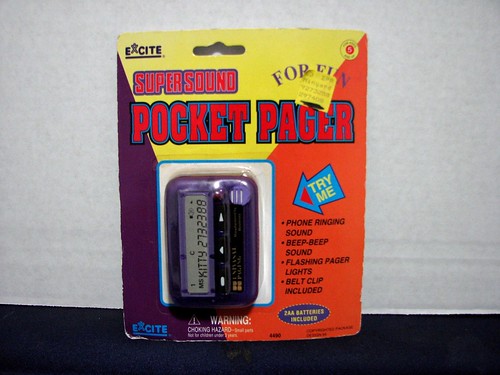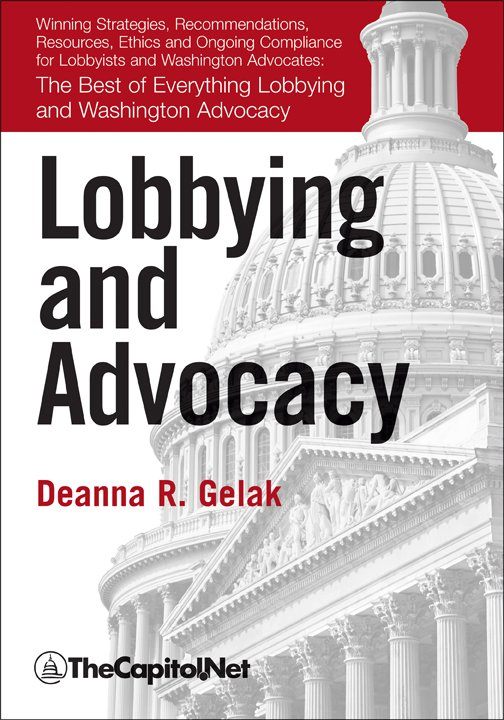As an advocate, you must learn to draft effective one-page summaries that concisely and effectively summarizes your issue, provides relevant talking points and information on the status of a bill, and has your contact information.

An effective one-pager includes several critical pieces of information: the issue, background on the issue, status, and a brief summary.
When writing a one-pager, the name of the issue and the name and logo of your organization should be listed clearly and visibly at the top of the page. Below that, list your contact information, including your name, title, email, organization, and website.
Your issue should be condensed to a concise paragraph of 3 to 5 concise sentences. You should also include a small amount of background on the issue. Statistics can be included here, but keep them brief.
The current status of any relevant legislation regarding your issue follows. Remember to be specific regarding the committee(s) where legislation is pending, the date passed by committee or other chamber, and the date(s) the hearings, mark-ups or floor activity are scheduled.
Other information that may need to be featured includes  the problem for or impact on the member’s constituency, and what are you asking for. You may also include relevant web site links and compelling statistics, surveys and examples. When possible, include relevant local statistics.
the problem for or impact on the member’s constituency, and what are you asking for. You may also include relevant web site links and compelling statistics, surveys and examples. When possible, include relevant local statistics.
Long-term and practical ramifications can be included as well. In some cases, you might include references to frequently asked questions, talking points, analysis and status information.
If available, include information about support of the issue, such as bipartisan congressional support and the names and numbers of key endorsing organizations.
An effective one-pager is ultimately your calling card. It is also a tool that can be used to facilitate further interaction and dialogue. The one-pager should be integrated into your congressional meetings and used for referring congressional representatives to your website and other relevant resources.
For more than 40 years, TheCapitol.Net and its predecessor, Congressional Quarterly Executive Conferences, have been teaching professionals from government, military, business, and NGOs about the dynamics and operations of the legislative and executive branches and how to work with them.
Our custom on-site and online training, publications, and audio courses include congressional operations, legislative and budget process, communication and advocacy, media and public relations, testifying before Congress, research skills, legislative drafting, critical thinking and writing, and more.
TheCapitol.Net is on the GSA Schedule, MAS, for custom on-site and online training. GSA Contract GS02F0192X
TheCapitol.Net is now owned by the Sunwater Institute.
Teaching how Washington and Congress work ™

